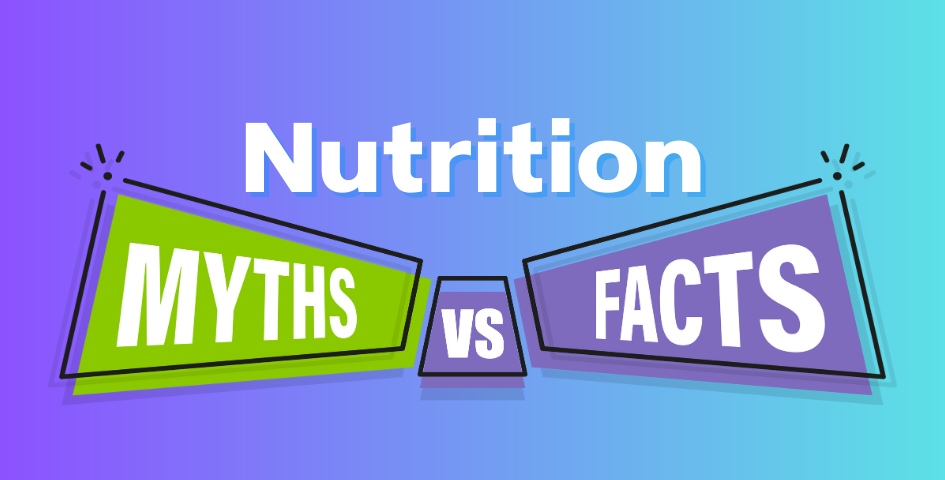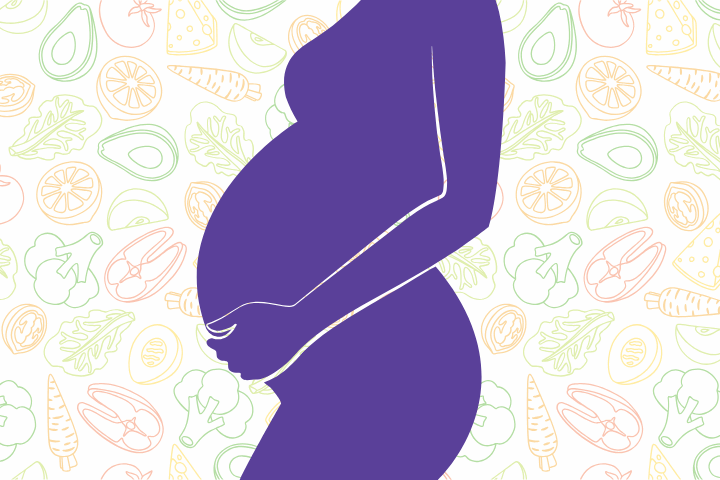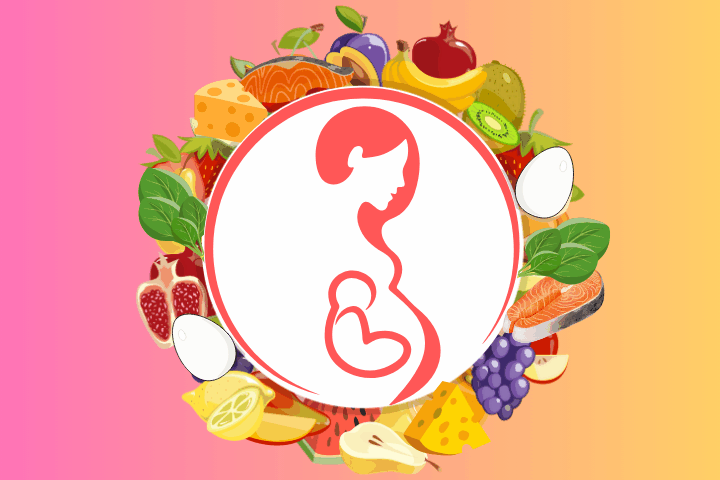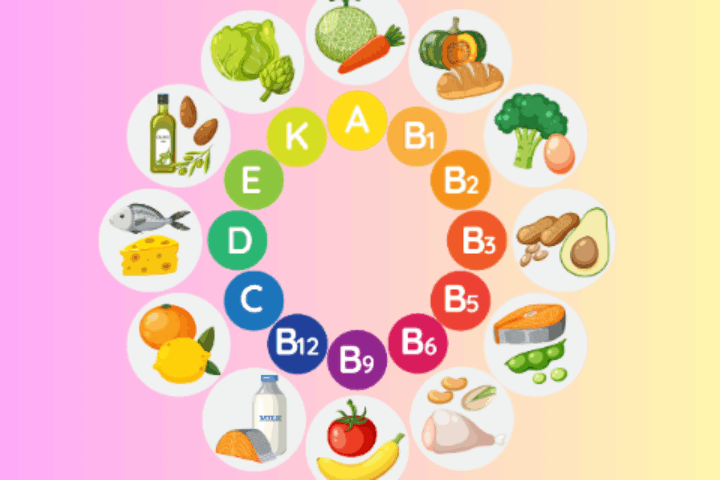When you’re trying to conceive, there are plenty of fertility diet myths around. From “drink whole milk to get pregnant” to “cut out carbs completely,” it can be hard to separate fact from fiction. Thankfully, research is beginning to clarify what really matters when it comes to diet and reproductive health.
Myth 1: Low-fat dairy is better for fertility
The truth: Studies suggest that full-fat dairy may actually benefit ovulation and fertility more than low-fat versions. One study found that women who consumed more high-fat dairy had a lower risk of anovulatory infertility. That doesn’t mean you need to overdo cheese and ice cream—but including full-fat milk, yogurt, or cottage cheese in moderation may help. Full-fat dairy products also help provide additional fat source vitamins (A, D, E. and K)
Myth 2: Protein should come mostly from meat
The truth: While protein is essential, research shows that the type of protein matters. A study published in the American Journal of Clinical Nutrition found that women who ate more fish as their main protein source had higher live birth rates during fertility treatment compared to those who ate mostly red or processed meat. Replacing even a few servings of processed meat with fish each week may make a difference.
Myth 3: The Mediterranean Diet is just another fad
The truth: Unlike trendy diets, the Mediterranean Diet is backed by decades of research. It emphasizes fruits, vegetables, whole grains, olive oil, nuts, legumes, and fish—all foods linked to better reproductive outcomes and lower risk of miscarriage. Think of it less as a “diet” and more as a sustainable lifestyle.
Myth 4: More fiber is always “better”
The truth: Fiber is beneficial for fertility because it helps with blood sugar control, hormone balance, and gut health. However, as with anything, too much can be a problem.
Excessively high fiber intake can interfere with the absorption of essential nutrients like iron, zinc, and calcium. It can also lead to the over-excretion of hormones, potentially disrupting the delicate balance needed for ovulation. Women with extremely high fiber intake have been found to have an increased risk of anovulatory cycles (cycles without ovulation). The goal is to consume a moderate amount of fiber from whole foods, not to eat as much as possible.
Key Takeaways
- Full-fat dairy may support ovulation better than low-fat options.
- Fish and plant-based proteins are fertility-friendly swaps for red and processed meats.
- The Mediterranean Diet provides a balanced, research-backed approach to fertility nutrition.
- A moderate amount of fiber from whole foods is the goal.
✨ Coming up in Part 3:
We’ll explore the role of antioxidants, vitamins, and minerals in protecting egg and sperm health.
This information has been medically reviewed by Alexander M. Kotlyar, MD, FACOG, Director of Resident Education at Genesis Fertility
If you would like to learn more about GENESIS Fertility New York or are ready to schedule an appointment, please speak with one of our representatives at 929-605-5467.





